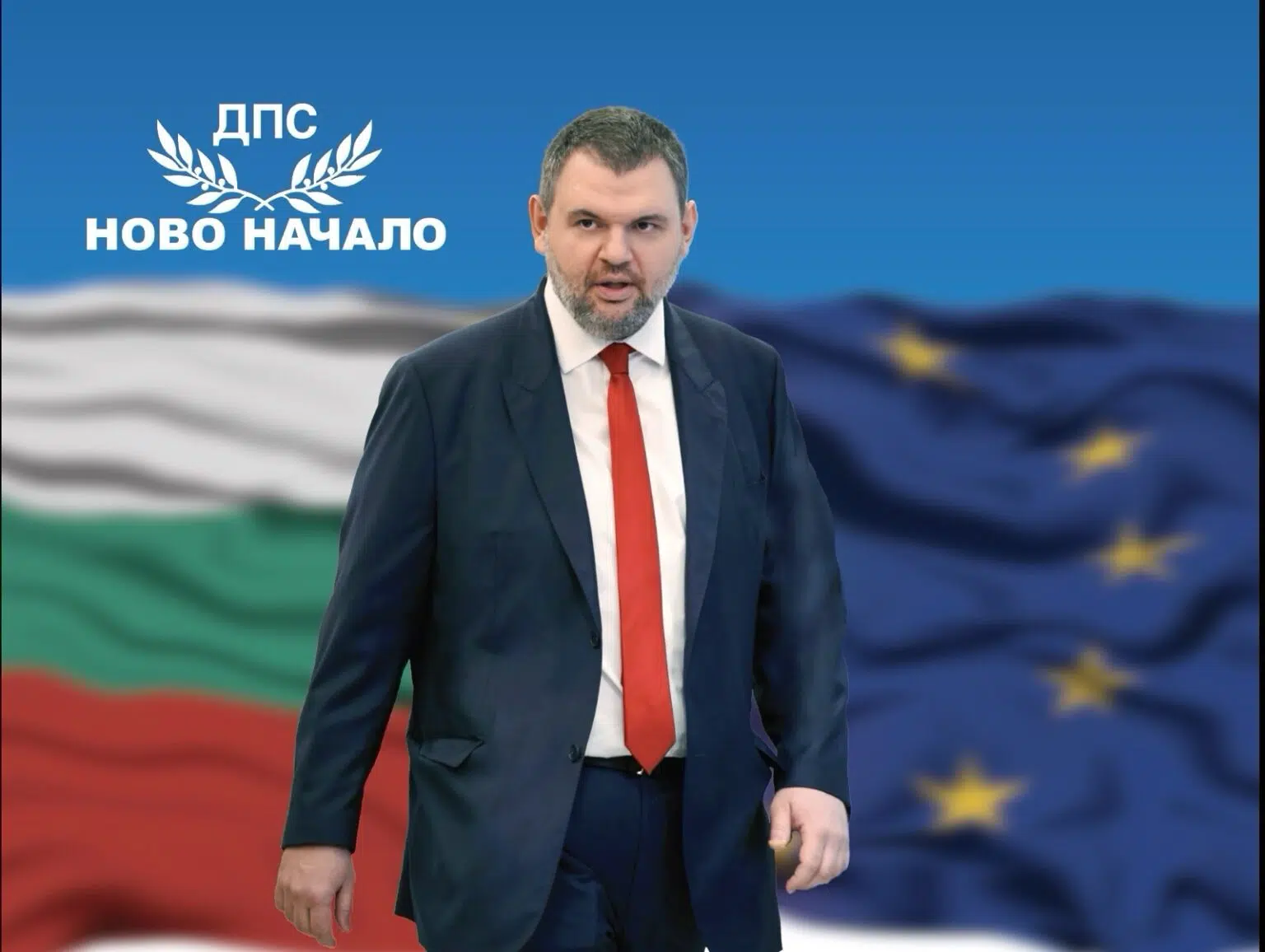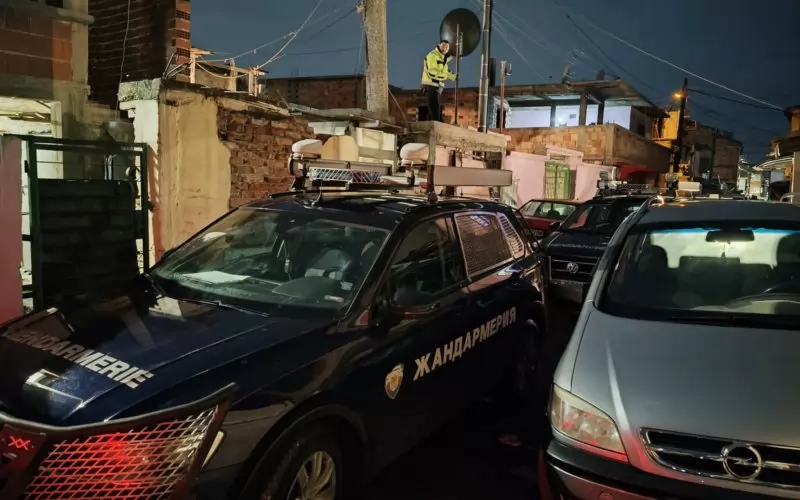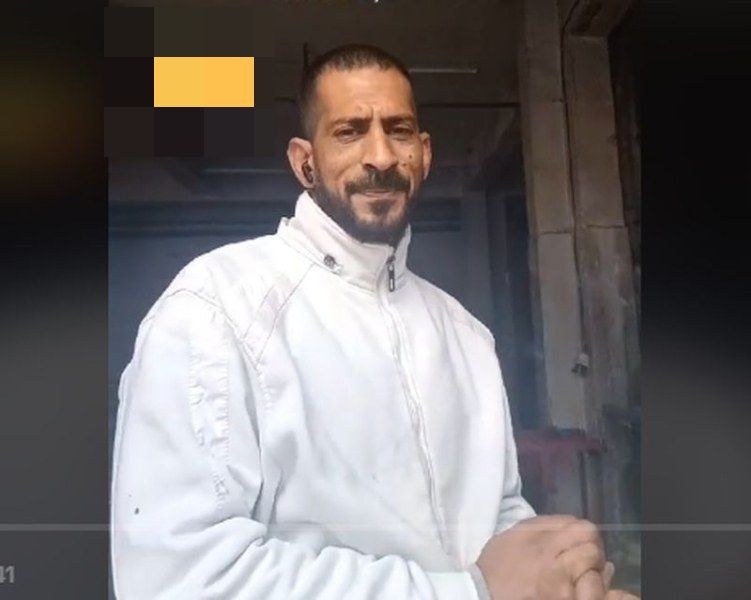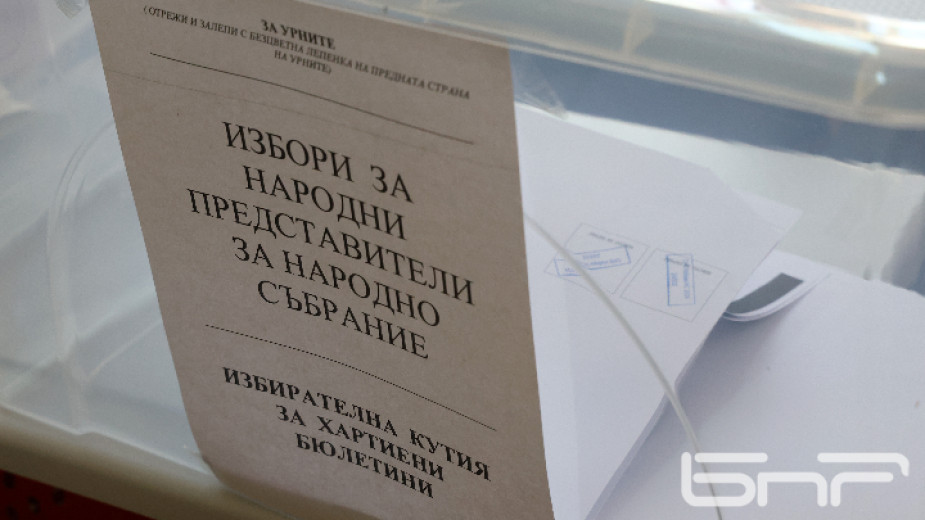Gutschker (2014) spoke with justice commissioner and vice-president of the European Commission, Viviane Reding, on the Rroma policy of the European Union. In the first part of the interview, the conversation focused around the question as to whether social benefits for non-working immigrants from EU-member states are legal or not. Right-wing politicians regularly accuse immigrant Rroma to unfairly burden the German social welfare system. Reding takes the position that the social benefits come to the good of immigrants with very low wages who are dependent on assistance. Nobody will receive social assistance just for the good of it, she states. For the interviewer, the debate on social benefits is in truth an argument about pan-European solidarity. For Viviane Reding however, the debate circles around questions of a liberal economic market, which allows the needed workforce to freely circulate. It is astonishing that even Reding holds the idea most of the so-called poverty immigrants are Rroma, although the ethnicity is not recorded in statistics. She sees the need to support these disadvantaged Rroma, so that the spiral of poverty can be broken. Concerning the social benefits received by EU-immigrants, Reding sees the numbers as strongly exaggerated. Only a very small part of the support payments go to immigrants from other EU countries. An amount three times as high is said to go to immigrants from third countries. Reding also wants that the EU countries better use their allocated social funds from the European Union and defuse municipal focal points. The restriction of the free movement of persons – as the Swiss electorate decided on the 9th of February – is said to be incompatible with the principle of a shared internal market: “You can not take advantage of the internal market with all the advantages for export and at the same time restrict the free movement of persons. In December, we had a meeting of EU interior ministers, and all agreed to the above – with the exception of the British. There was also agreement that the right to move freely does not establish a right to access the social systems. Rights are always associated with duties” (compare Epoch Times 2014, Spiegel 2014).
Frigelj (2014) reports on the visit of EU-commissioner László Andor in Duisburg. Duisburg was almost constantly in the headlines during 2013. Again and again, newspapers reported – in a more or less populist fashion – on impoverished, criminal Rroma clans from Romania and Bulgaria, which are supposedly flooding into the city. László Andor tried to get an idea of the situation on the spot. He attended employment-assistance institutions, talked with immigrants, residents, social workers, and police officers. Andor acknowledged, the article states, that the city is dealing with a problem of poverty and Germany and its municipalities were entitled to money from the new “relief fund for the poorest” of the European Union. The article seems factual and objective, but indirectly spreads the idea that Rroma are almost exclusively poorly educated, marginalized people who escape poverty and discrimination in their home countries: “The highly qualified doctors and nurses are attracted mainly to southern Germany. To Duisburg and Dortmund, which have a high proportion of vacant dwellings and lower end real estate, where up to 90% unqualified immigrants with large families are drawn. From around 600 monthly newcomers, almost half are children.” That there are also many well-integrated Rroma in Germany is not mentioned.
- Epoch Times (2014) Armutseinwanderung: Reding ruft zu besserer Integration von Roma auf. In: Epoch Times online vom 8.2.2014. http://www.epochtimes.de/Armutseinwanderung-Reding-ruft-zu-besserer-Integration-von-Roma-auf-a1128861.html
- Frigelj, Krisitan (2014) EU will Städten mit viel Roma-Zuwanderung helfen. In: Die Welt online vom 7.2.2014. http://www.welt.de/politik/deutschland/article124639423/EU-will-Staedten-mit-viel-Roma-Zuwanderung-helfen.html
- Gutschker, Thomas (2014) „Es gibt ein reales Problem mit Roma“. In: Frankfurter Allgemeine Zeitung online vom 9.2.2014. http://www.faz.net/aktuell/politik/viviane-reding-im-gespraech-es-gibt-ein-reales-problem-mit-roma-12791775-p4.html
- Spiegel (2014) EU-Justizkommissarin Reding: „Die meisten Armutseinwanderer sind Roma“. In: Spiegel online vom 8.2.2014. http://www.spiegel.de/politik/deutschland/armutseinwanderung-viviane-reding-sieht-roma-als-verusacher-a-952308.html







